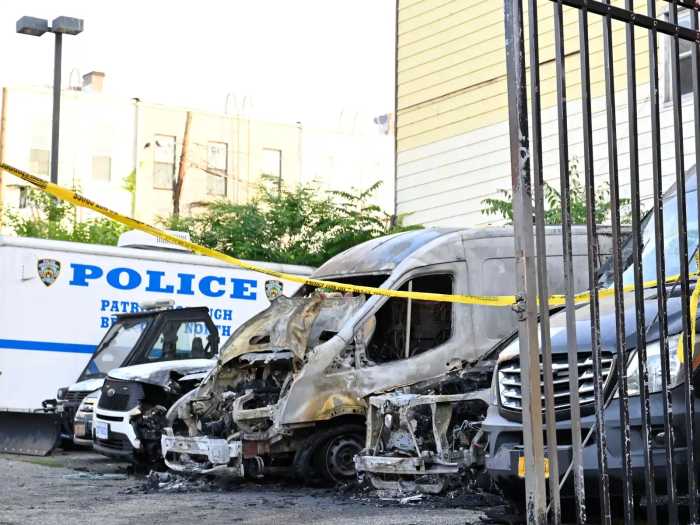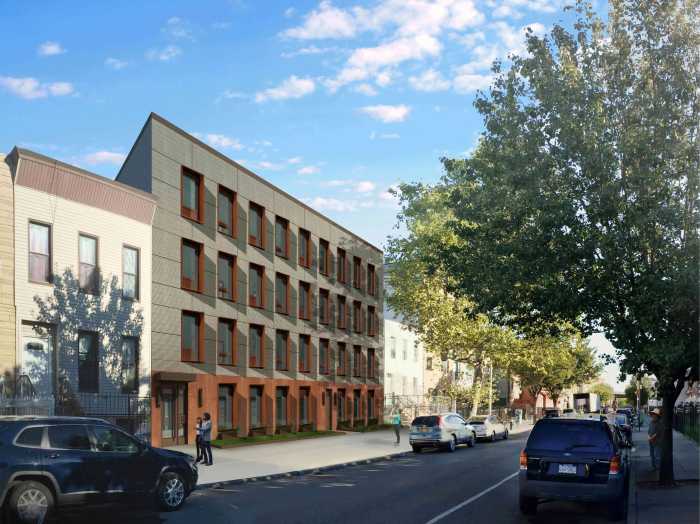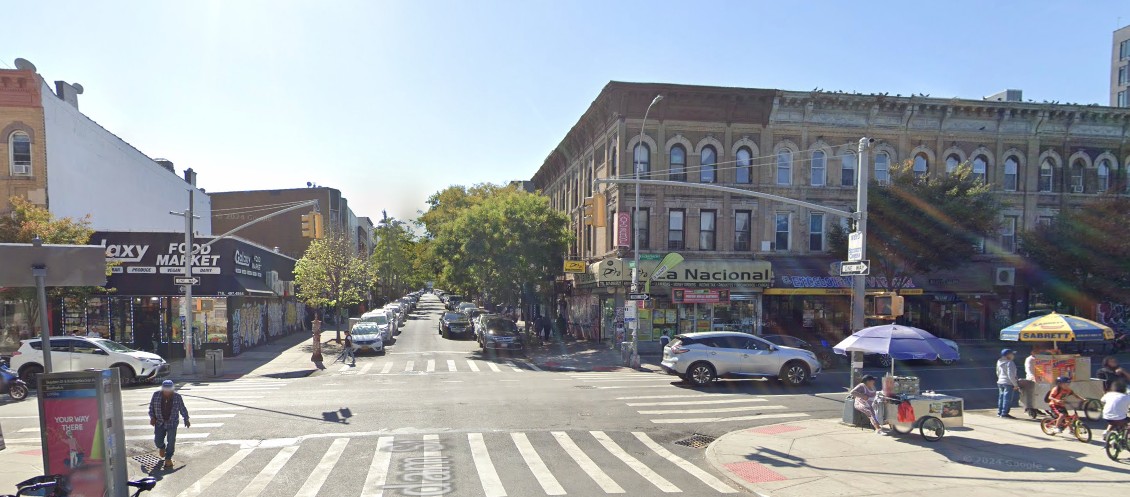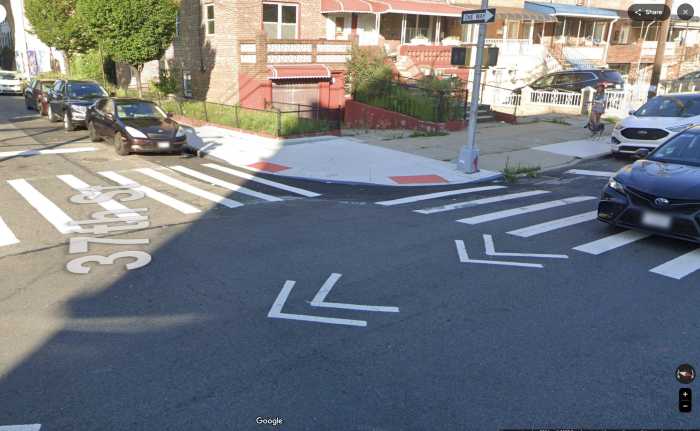Spanish-speaking foster care mothers shared their emotional stories with prospective families in Bushwick recently, inspiring them to change the lives of young people and become foster parents.
“We were hoping to get five or six families, and we got 15 to 20 people who are dead set to become parents,” said Evelyn Cardona, assistant director of Urban Women’s Safe Haven, at a recent foster care information forum. “When they walked through the door, they were iffy, but not now.”
Bushwick Making Children Important (BCMI), a collaborative initiative founded six years ago to improve foster care in Bushwick, organized the Bushwick Foster and Adoptive Parent Information Forum, held at Wyckoff Heights Medical Center (374 Stockholm Street) last weekend, to recruit parents interested in adopting foster children. The breakfast forum, the first in a series to be held at Wyckoff Hospital over the next few months, was conducted entirely in Spanish to encourage more Spanish-speaking families to adopt Spanish-speaking foster children.
“If children here are taken out of Hispanic households, we want to keep them in Hispanic homes,” Cardona said. “If they’re used to eating rice and beans, they’ll keep eating rice and beans. The ultimate goal is to unify the child with the parent again.”
According to ACS, out of the 17,236 children in foster care citywide in 2007, 23 percent are in Brooklyn. Of the 4,040 children in foster care in Brooklyn, 2,680 are black and 904 are Hispanic. Last year, 160 children were placed in foster care in Bushwick, but only 27 percent stayed in the community.
“We’re trying to get more foster care families in the community, so if the child is displaced from home, he’s not displaced from school, friends, after school programs, sports teams, and everything,” said Raul Rubino, BMCI’s Community Partnership Initiative Liaison.
Rubino, who has been organizing the foster care information forums, believes that BMCI, domestic violence providers and ACS must expand the definition of the family to include people with social and emotional connections to the child to add to the pool of foster care families. BCMI has been targeting day care professionals, teachers, coaches and others to enroll in foster care classes, with the aim of keeping the child closer to home and making it easier for biological families to visit their children.
“An issue with the family is that we are trying to have conferences instead of an adversarial relationship [during visits],” Rubino said. “We can bring service providers to the table and biological parents can bring friends to make them feel more comfortable.”
For Tracy Johnson, a project leader with the Community Partnership Initiative at ACS, bridging the gap between a large city bureaucracy and the social service organizations the city regulates has been a challenge, but the organizations work well together today.
“Once you put that person in the community, people know the person not the agency, and don’t think that the agency is the elephant in the room anymore,” Johnson said. “The key to our success is that we are doing community partnering the old fashioned way.”
ACS and BMCI’s recruitment and retention efforts have gotten off to a resounding start, as parents, such as Luis Pacheco, have been inspired to adopt children through the program. Pacheco, the father of two children 18- and 4- months old, learned about the program from his local church.
“It’s been great,” Pacheco said. “The most unexpected thing was that we had a baby so soon. I wanted a baby for Christmas and we had a baby for Christmas.”
The next Foster Parent Information Forum will be held on June 17 the Department of Health at 335 Central Avenue from 10 a.m. to noon.
























